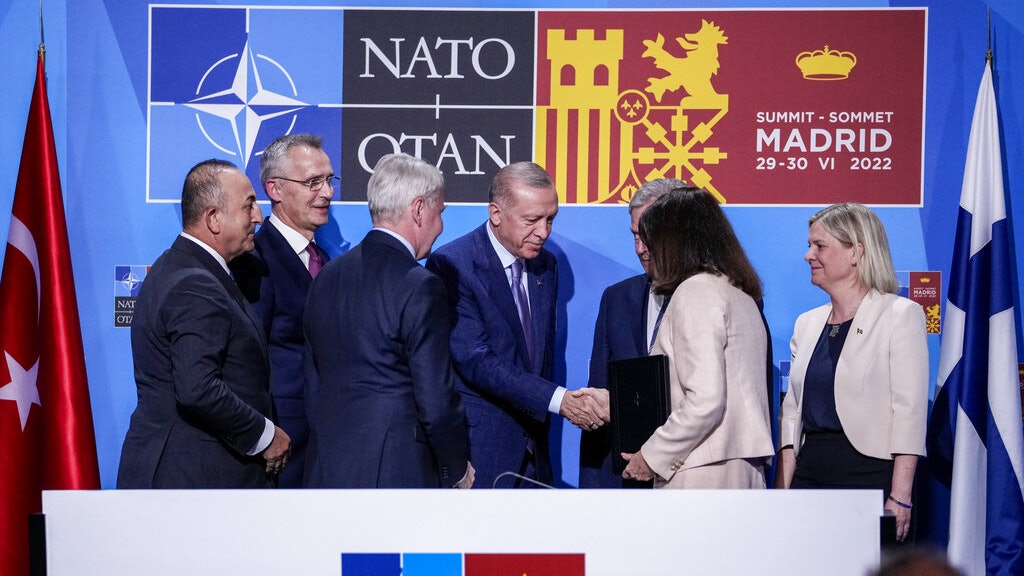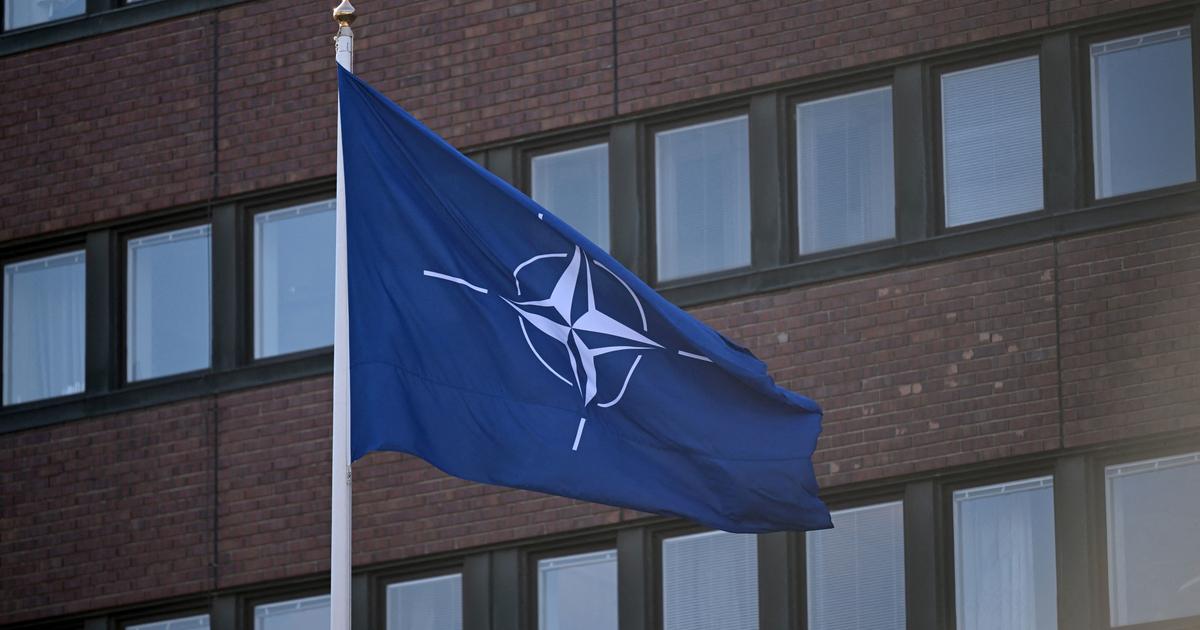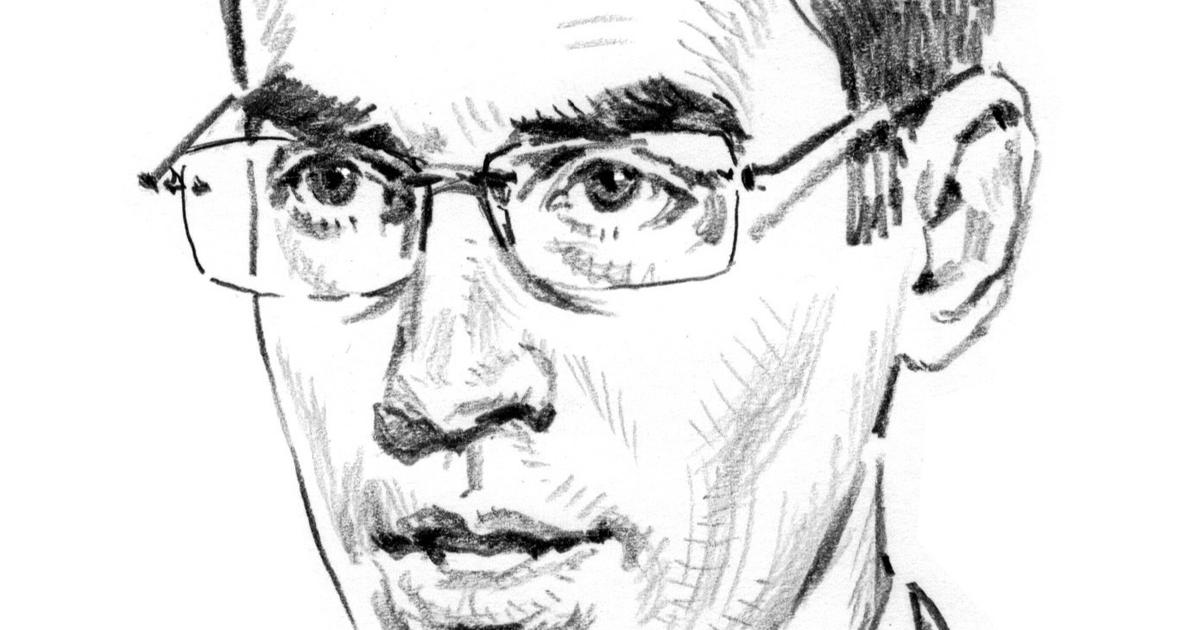On June 28, the first day of the NATO summit in Madrid, Spain, Turkey, Finland and Sweden signed a memorandum confirming that Turkey agreed to support Finland and Sweden in joining NATO.
Turkey withdrew its veto in exchange for Sweden and Finland's support for Turkey's national policy and counter-terrorism stance.
According to the memorandum, the three parties will lift the arms embargo on each other.
Finland and Sweden are committed to fully supporting Turkey in addressing its national security issues, including further revising domestic anti-terrorism legislation, promising to suppress the activities of the Kurdistan Workers’ Party (PKK, PKK) and related organizations and individuals; the three parties reached an extradition agreement and decided to crack down To strengthen cooperation in terrorist organization activities, Finland and Sweden will promptly consider and handle the expulsion or extradition request of the suspect based on the information, evidence and intelligence provided by Turkey.
After Sweden and Finland applied to join NATO, Turkey clearly expressed its opposition, mainly due to the support of the Kurdish armed forces in Sweden and Finland.
In order to strengthen NATO, further pressure and isolate Russia, the United States and Europe coordinated the three countries to reach an agreement.
The Kurds, who have been caught between Turkey and the United States and Europe for many years, have once again become political victims.
As early as the Trump administration, when the U.S. military withdrew from the Syrian battlefield, it had already abandoned the Kurds.
Kurds, who speak Kurdish and believe in Islam, have a population of more than 30 million in the Middle East and are the fourth largest ethnic group after Arabs, Turks and Persians. They are mainly distributed in the border areas of Turkey, Syria, Iraq and Iran. It has been working to establish its own nation-state in the strip, known as "Kurdistan".
The leading force among them is the PKK.
The party was founded in 1978, but Turkey banned it on the grounds that it was trying to split the country.
For more than 40 years, armed guerrillas led by the party have frequently launched rebellions in Turkey, killing at least 40,000 people.
The United States, the United Kingdom, the European Union (France, Germany) and Sweden all identify the PKK as a terrorist organization, but do not consider its branch in Syria, the Syrian Kurdish Democratic Union Party (PYD), to be a terrorist organization.
During the Obama administration, the U.S. and European military operations against the "Islamic State" (ISIS) had received the cooperation and support of the PYD armed branches "People's Protection Units" (YPG) and "Women's Protection Units" (YPJ), which also accepted the United States. Arms and financial support.
That is to say, the YPG and YPJ, the male and female corps composed of Kurds, can also be regarded as partners and even allies of the United States and Europe.
Korhonen, Finland's ambassador to NATO (left), and NATO Secretary General Stoltenberg, Sweden's ambassador to NATO, Axel Wernhoff, attend a ceremony in Brussels, Belgium, on May 18, 2022, to commemorate the applications of Sweden and Finland.
(AP)
Turkey believes that the PYD is a branch of the PKK in Syria. It belongs to the Kurdish armed forces outside the country. It merges with the domestic Kurdish separatist forces and threatens Turkey's national security. It should also be classified as a terrorist organization.
During the Syrian civil war, Turkey had militarily attacked the YPG in northern Syria (supported by the United States, France and Germany at the time), and Sweden and Finland immediately announced an arms embargo against Turkey in 2019.
At the same time, Sweden and Finland have increased the protection of PKK members.
The actions of Sweden and Finland angered Turkey.
There are about 80,000 to 110,000 Kurds in Sweden, many of them war or political refugees from Turkey, Iran, Iraq and Syria, including dozens of Kurdish "terrorists" wanted by Turkey.
But Sweden offers humanitarian asylum to Kurdish refugees, citing human rights protections.
This move, in Turkey's view, is a threat to Turkey's national security.
After the two countries applied to join NATO, Erdogan saw an opportunity to bargain.
His practice of linking the Kurdish issue with the interests of the United States and Europe or European security interests has finally paid off.
As NATO gathers the three countries to negotiate, Erdogan also insisted on opposing Reffin's stance of joining NATO, and even threatened to launch attacks on towns controlled by Kurdish militants in northern Syria.
Erdogan's purpose is clear: to take advantage of Sweden and Finland's urgent need to join NATO to force the latter to drop their support for the PKK and its armed branch PYD in Syria, including promising to extradite members of the PKK and Islamic cleric Feithu now living in the United States Fethullah Gulen and his followers (Erdogan accused Gulen of planning an attempted coup against him in 2016); used the opportunity to pressure NATO member Germany, and candidate countries Sweden and Finland to lift their ties to Turkey. Arms embargo.
Kurdish fighters are considered U.S. allies in the war on terror.
(AP)
Judging from the agreement reached between Refin and Turkey on the 28th, NATO, Finland and Sweden have met most of Turkey's requirements.
NATO Secretary-General Stoltenberg expressed his support for Turkey's counter-terrorism stance when introducing the memorandum on the 28th.
He said that no NATO allies had ever suffered such a brutal terrorist attack as Turkey, including from the terrorist group the PKK.
Finland, Sweden, the EU and NATO view the PKK as a terrorist organization, and Sweden and Finland strongly condemn terrorism in any form.
After joining NATO, Finland and Sweden will not support the YPG and PYD and Turkey's designated "Gülen Movement" Fetura terrorist organization (FET).
The three countries of Finland and Turkey agreed to strengthen counter-terrorism cooperation and support each other in addressing threats to their security.
When asked how to deport or extradite a terrorism suspect identified by Turkey, he emphasized the compliance with the European Convention on Extradition and the domestic legal frameworks in Finland and Sweden.
Among them, Sweden will implement a new law on terrorist crimes on July 1.
In the context of the Russian-Ukrainian war, the United States and Europe meet Turkey's needs, which is also a victory for Erdogan.
Erdogan has always been more pragmatic in foreign affairs, but this time he used the Kurdish issue to seek greater strategic interests.
As a veteran member of NATO, Turkey once supported NATO's two eastward expansions in 1999 and 2004. The reason why NATO is criticized by the Kurdish issue this time is mainly to express dissatisfaction with the United States and Europe, forcing the latter to meet the demands of Turkey's real interests , such as forcing European countries to lift the arms embargo on Turkey.
It can be seen from the change in Turkey's posture and the concessions made by the United States and Europe that the United States and Europe can completely abandon the Kurds for their own interests.
Sweden's government is considered a model for advancing human rights and minority interests around the world, and this concession to Turkey will also face a politically difficult situation at home.
The values diplomacy pursued by the Biden administration and the EU has now stopped at the geopolitical interests of NATO's eastward expansion.
(This article is excerpted from the WeChat public platform of "China-US Focus", the original title is "Three-Power Agreement in exchange for NATO's eastward expansion of values diplomacy stops at practical interests", the text has been deleted, and the pictures are added by the editor.)
NATO lists China as a systemic challenge China's diplomatic mission in Europe: highly concerned about coordinating the response to NATO's new strategic document that China poses a systemic challenge Beijing: provoking political confrontation and Turkey no longer opposes NATO formally invites Finland and Sweden to join














